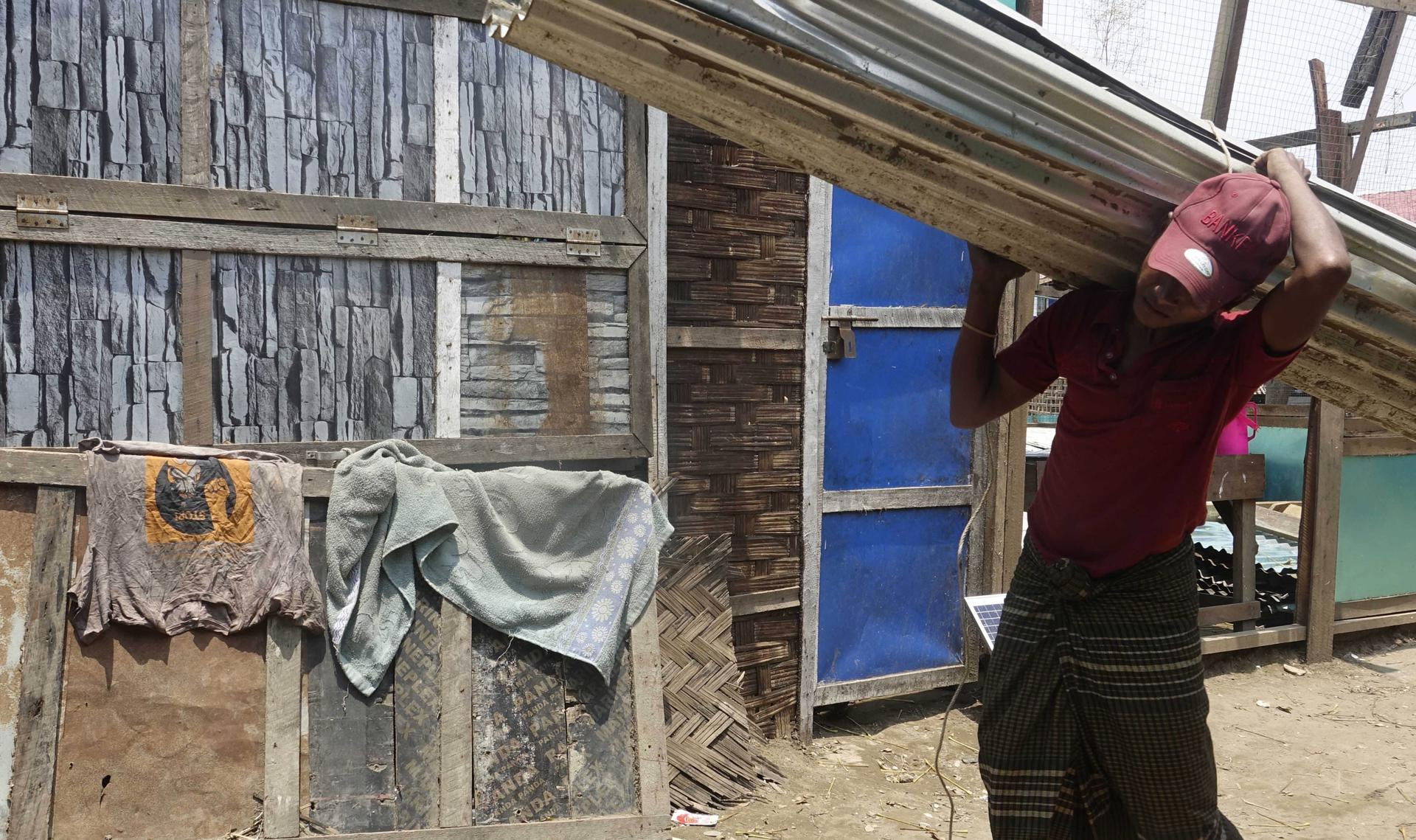One of Nigeria’s most feared bandit leaders, Halilu Sububu, has been killed in a military ambush, marking a significant win in the country’s ongoing battle against criminal gangs. Sububu, also known as Halilu Buzu, was reportedly neutralised on Thursday along with over 38 of his fighters during an intense gunfight that followed an ambush of his convoy.
The operation, carried out by Nigerian Air Force Special Forces, was based on intelligence about Sububu’s movements. Group Captain Kabiru Ali, a spokesperson for the Nigerian Air Force, confirmed that the joint operation led to the death of Sububu and a large number of his fighters. The troops also recovered a substantial cache of weapons, including rocket-propelled grenades, machine guns, and ammunition.
Sububu’s reign of terror
Sububu, 38, was notorious for his violent raids on communities in northwestern and central Nigeria. Operating from his base in Zamfara, he targeted villages in Sokoto, Kaduna, Katsina, and Niger states, engaging in activities like illegal mining and arms trafficking. He was known to supply weapons to criminal gangs from Libya via Niger and dominated areas around the Sunke forest in the gold-rich Anka district.
The bandit leader was one of 19 bandit kingpins on whom the Nigerian military had placed a bounty of five million naira ($3,050) each in November 2022. Despite narrowly escaping a previous airstrike in October 2022, Sububu’s death represents a significant blow to the criminal networks operating in the region.
The final showdown
Security sources reported that Sububu and his convoy, consisting of around 60 fighters, were ambushed in Mayanchi, a village in the Zurmi district. The clash continued into the early hours of Friday morning, resulting in the deaths of Sububu and most of his senior fighters.
A decisive victory in the fight against banditry
Nigeria’s defence minister had previously declared Sububu wanted for his major role in banditry, noting the importance of this recent military success in the fight against organized crime. The death of this notorious bandit leader is a major victory in the fight against banditry in Nigeria. It shows that the government is serious about tackling the issue and that the military is making progress in combating these criminal elements.
Reactions to Sububu’s death
Senator representing Kano South Senatorial District, Sulaiman Abdulrahman Kawu Sumaila, commended the troops for neutralising Sububu, describing the action as a welcome development. He acknowledged the recent commitment exhibited by the Federal Government through the Federal Ministry of Defence and the Office of the National Security Adviser in the fight against banditry.
The lawmaker urged the government to block all possible escape routes for bandits and to ensure that the remaining bandits are neutralised. He also urged traditional rulers to support the security agencies in the fight against banditry.
Continued fight against banditry
Despite the success in eliminating Sububu, the fight against banditry in Nigeria remains a long and challenging one. The government has been criticized for its slow response to the crisis, and many believe that more needs to be done to address the root causes of the problem.
The government has promised to continue its efforts to fight banditry and other forms of criminality in the country. It has also called on the public to cooperate with the security agencies in the fight against crime.
A glimmer of hope
The death of Halilu Sububu is a major victory in the fight against banditry in Nigeria. It is a testament to the commitment of the Nigerian military to tackling the problem and to the importance of intelligence gathering in combating these criminal elements. While the fight against banditry is far from over, the killing of Sububu is a sign that the government is taking the issue seriously and that there is hope for a safer future for Nigerians.
Conclusion: A Turning Point?
The elimination of Halilu Sububu might just be a turning point in the long and bloody fight against banditry in Nigeria. This success will hopefully serve as a powerful deterrent and send a clear message to those involved in criminal activities. The Nigerian government must seize this opportunity to build upon this momentum and continue to intensify its efforts to tackle the root causes of banditry, including poverty, unemployment, and a lack of access to education. Only then can a lasting peace be achieved in the affected areas and the lives of millions of Nigerians can be safeguarded.

















